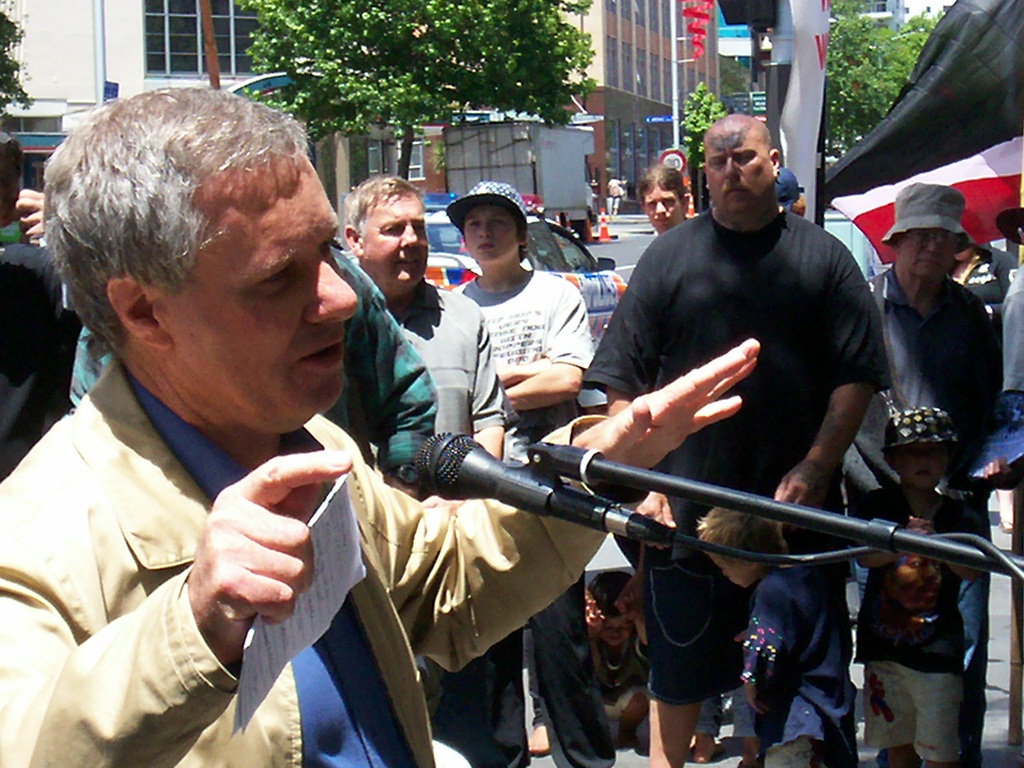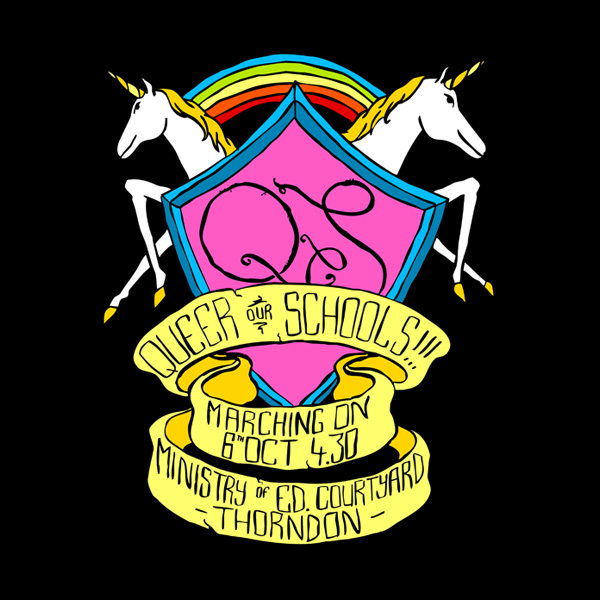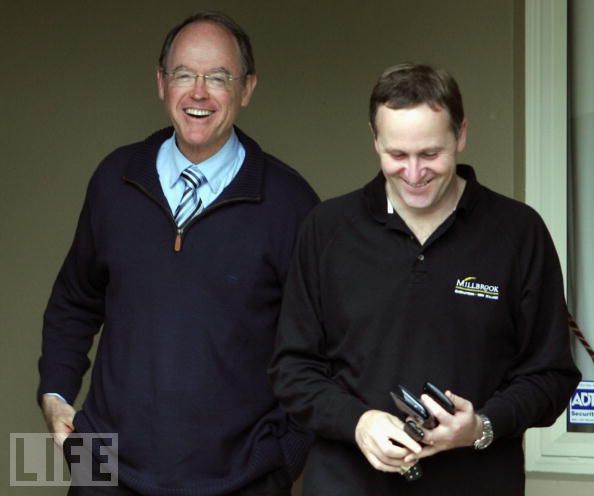
This article will appear in the November issue of The Spark
In Marxist theory, commodity fetishism describes the mystification of social relations between people to objectified relations between things. While the actual value of a product is equivalent to the amount of labour that went into it, products are seen to have a greater value than they actually do. Its because of this that products can be sold at a price much higher than they cost to produce, the difference between the actual use value of a product and its price is surplus value, value that is expropriated by the owners of the means of production.
Marx took the term fetishism from the concept of objects being seen to have some mystical proprieties, such as those objects used in religious ceremonies. There are situations where commodities seem to embody both these types of fetishism; “These products have significant emotional value, they have sentimental value, they’re connected, if you will, to the bloodstream of the person who’s likely to be the purchaser,” those were the words of Michael Bernacchi, a marketing professor at the University of Detroit Mercy commenting on Apple products after the death of CEO Steve Jobs.
Continue reading “The church of commodity fetishism and the order of Saint Jobs”

 Queer Our Schools
Queer Our Schools



